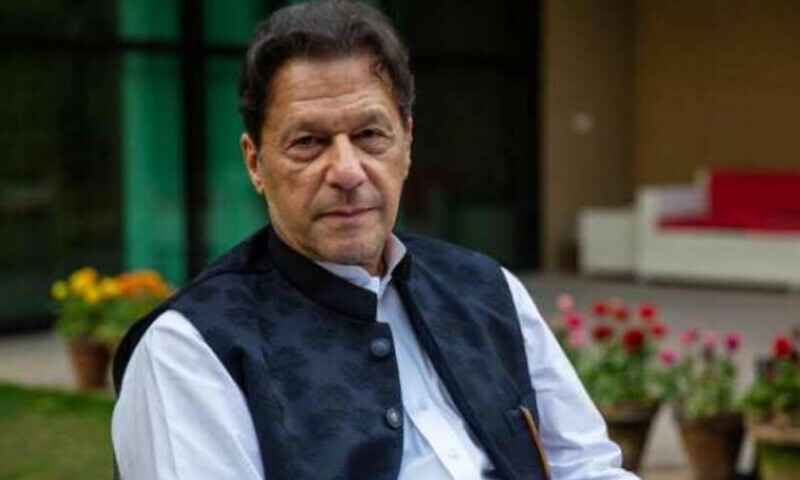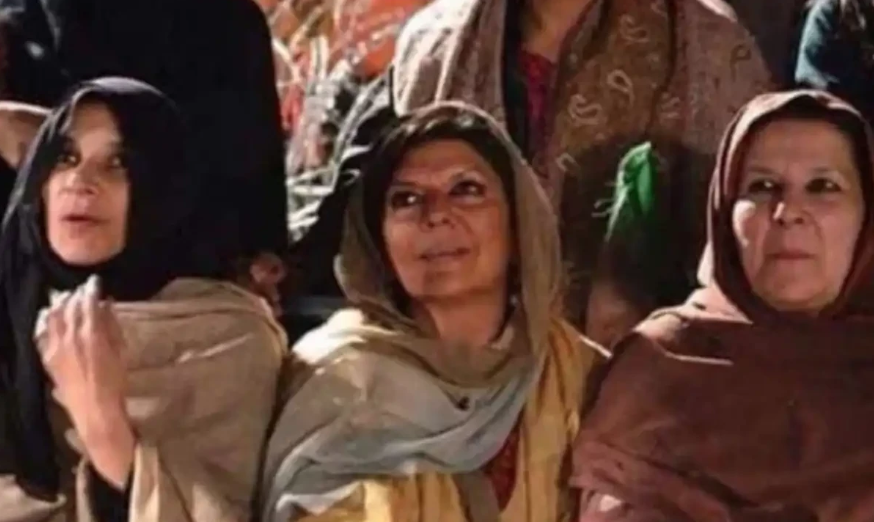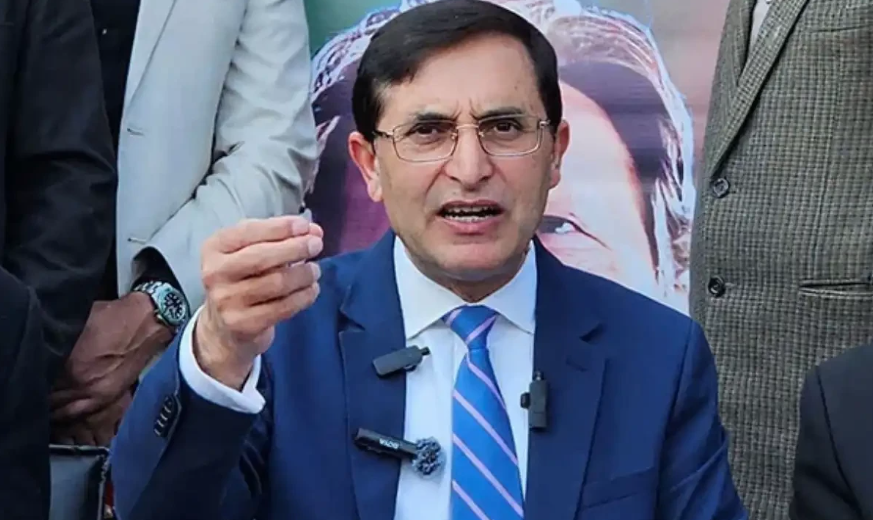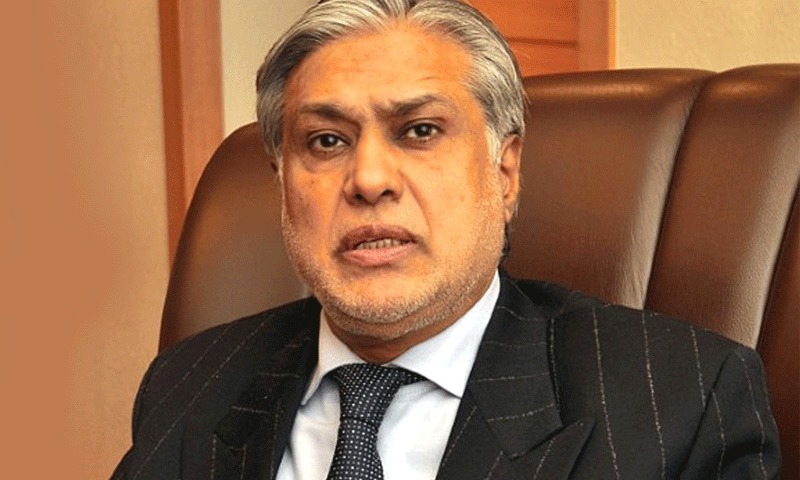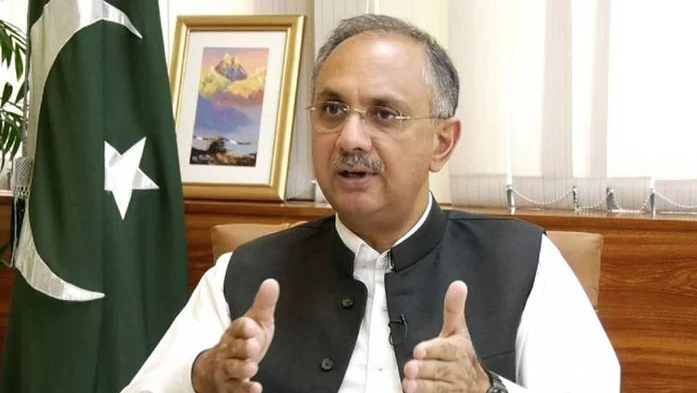POLITICS & POLICY MAKING
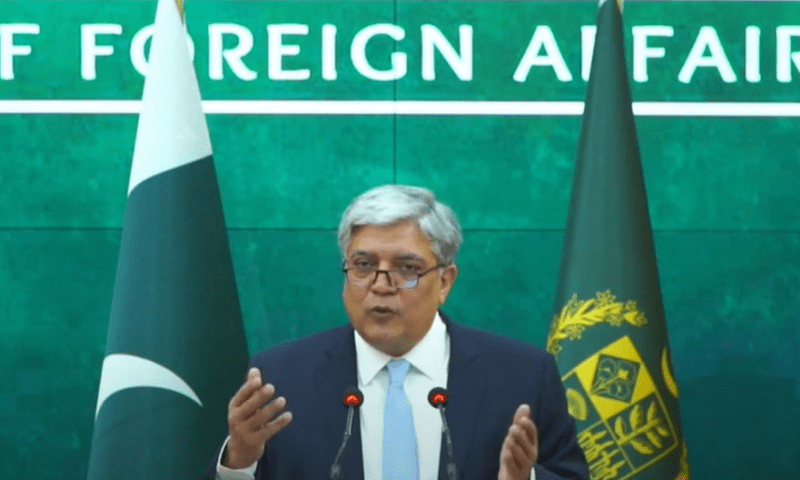
Pakistan has strongly condemned the provocative statements made by Indian Prime Minister Narendra Modi, rejecting them as false and political opportunism. In a statement issued by Foreign Office Spokesperson Shafqat Ali Khan, Pakistan accused Modi’s remarks of escalating tensions to dangerous levels, misrepresenting facts, and violating international law.
“Pakistan categorically rejects the provocative and false statements made by Indian Prime Minister Narendra Modi yesterday,” the Foreign Office spokesperson said. “This statement is based on misinformation and is a clear violation of international law.”
Key Highlights of Pakistan’s Response:
- False Allegations and Provocation:
The Pakistani government highlighted that Modi’s speech is a continuation of India’s pattern of fabricating fake narratives. According to Pakistan, such actions are aimed at justifying aggression, distracting from internal issues such as human rights violations in Jammu and Kashmir, and manufacturing an external threat. - Ceasefire and Diplomatic Efforts:
Pakistan acknowledged the recent ceasefire between the two countries, which was made possible through diplomatic efforts by friendly nations. While Pakistan remains committed to the ceasefire agreement, it emphasized that India’s actions, including false accusations and military escalations, were dangerous provocations that threatened regional peace. - False Accusations and the Pahalgam Attack:
Pakistan rejected India’s claims of Pakistan’s involvement in the Pahalgam attack as groundless, noting that India was using such accusations to justify military action and deflect attention from its internal problems. The Foreign Office reiterated that Pakistan’s response to Indian aggression was measured and focused only on military installations, in line with its right to self-defense. - Violation of the Indus Waters Treaty:
Pakistan also reminded India that any violation of the Indus Waters Treaty—which governs water distribution between the two countries—would be viewed as an act of war. Pakistan expressed its firm commitment to protecting its water rights. - Call for Regional Cooperation and Peace:
Despite the escalation, Pakistan urged for a peaceful resolution of the Jammu and Kashmir dispute, in line with UN resolutions and the aspirations of the Kashmiri people. Pakistan reiterated its support for efforts by US President Donald Trump in this regard, emphasizing that peace and regional cooperation, not political expediency, should guide actions in South Asia.
Pakistan’s Commitment to Peace:
Shafqat Ali Khan reaffirmed that Pakistan remains a sovereign state with strong institutions and a proven commitment to global peace. He stated,
“Our commitment to peace should never be considered a weakness. If there is any aggression in the future, it will be responded to with full force and decisiveness.”
Modi’s Address to the Indian Nation:
Indian Prime Minister Modi’s address to the nation came after the escalation with Pakistan, in which he declared that “blackmail will not be done with the threat of a nuclear attack” and that “water and blood cannot flow together”. He also expressed that negotiations with Pakistan should focus on ending terrorism and discussing Azad Jammu and Kashmir.
However, Pakistan’s Foreign Office pointed out the contradiction in Modi’s remarks, noting that India continues to deny Kashmiris their right to self-determination and is using political statements to mask its internal failings.
